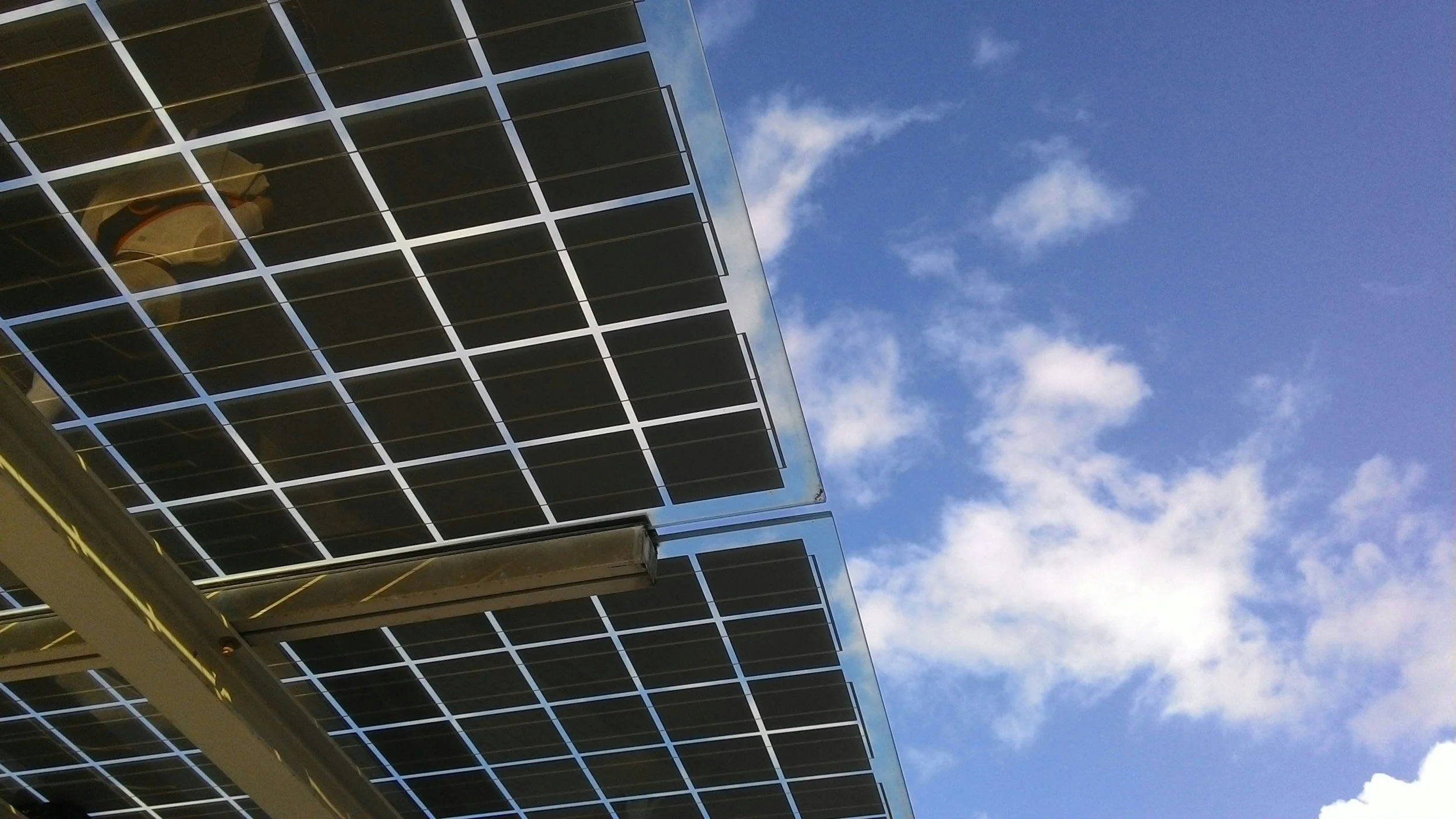
MUCK COMMUNITY ENERGY SCHEME
Powering a Sustainable Future: The Isle of Muck’s Renewable Energy Journey
The Isle of Muck has undergone a remarkable transformation in its energy infrastructure since the 1990s, moving from rationed, limited power to a guaranteed, sustainable 24-hour renewable energy supply.
A Vision for Change
The journey towards a community energy scheme began with one individual—Ewen MacEwen. On a ferry back to Muck, he had a chance encounter with a National Trust for Scotland staff member who spoke about a wind turbine installed on Fair Isle in the 1980s. As one of the earliest commercial wind energy projects in Europe, it aimed to reduce reliance on diesel generators by harnessing the island’s abundant wind resources.
At the time, Muck’s residents depended on individual diesel generators, a common challenge for off-grid communities. Power was expensive, unreliable, and rationed, making daily life difficult. Inspired by Fair Isle’s success, Ewen invited the same company to assess whether Muck’s long-held dream of a renewable energy grid could become reality.
To access funding and drive the project forward, the Isle of Muck Community Enterprise Limited (IoMCE) was established in 1992. Every islander became a member, ensuring that the community could take charge of major projects—without it, securing funding for large-scale initiatives like the electricity scheme would have been impossible.
Challenges and Setbacks
The journey was not without obstacles. The initial contractor went into liquidation, leaving equipment stranded on the island and halting all progress. Years passed before the community successfully secured funding from the newly launched National Lottery, allowing the project to move forward with a new contractor, Scottish Power.
Community Grit and Hard Work
Though machinery helped dig trenches for the electricity grid, every inch was backfilled by hand. The community worked together to build a generator house at Port Mor, and on the summit of Carn Dearg, they poured a massive concrete base to anchor their wind turbine—working through sun, rain, wind, and even snow.
In 1999, the scheme was finally completed, and Isle of Muck Power Ltd, a trading subsidiary of the Enterprise company, became operational. For the first time, the island had 24-hour electricity (when windy), provided by two Vergnet 20kW wind turbines and a backup diesel generator.
Unfortunately, despite careful maintenance, the system regularly suffered from reliability issues, requiring constant manual intervention. By 2011, both wind turbines became inoperable due to battery, inverter, and charger failures. As a result, the diesel generator became the island’s sole power source, operating for limited hours—07:30 to 11:30 AM and 16:00 to 23:30 PM. Consultants assessed the system but concluded that a full replacement would be more effective than an upgrade.
A Major Leap Forward: The 2012 Renewable Energy Expansion
In 2012, IoMCE secured nearly £1 million from the Big Lottery Fund to overhaul the energy system. This investment led to the installation of six wind turbines and solar panels, enabling the island to switch back to a continuous power supply in 2013.
Transforming Daily Life
The shift to 24-hour renewable energy was been life-changing for residents:
Enhanced Quality of Life: 24-hour electricity has been life changing. No more candles or head torches during the night (changing nappies/feeding babies/ going to the loo). Being able to put on the washing machine when you need to (rather than only 8-11am and between 5-11pm). No missing the ends of the late night films! Living standards have improved - residents and visitors can use electrical appliances almost without restrictions (most houses only have up to 5KW, so you have to watch how many high use electrical items you have on at any one time or you can trip the system). It has facilitated better communication and connectivity (internet and 24hr electricity means being able to send an email and connect to the internet during office hours which has been life-changing for businesses and residents).
Economic Opportunities: Reliable power (24-hour electricity has also permitted an excellent wi-fi internet connection provided by Hebnet) has supported local businesses and services, contributing to economic stability and growth.
Environmental Benefits: The reliance on renewable energy sources has significantly reduced the island's carbon footprint, (economic as well as environmental benefits of using less diesel), aligning with broader sustainability goals.
Recent Developments: The 2024 Energy Upgrade
To further increase capacity and minimise diesel reliance, Muck undertook a £1 million energy system upgrade in 2024, largely funded by the Scottish Government’s Community and Renewable Energy Scheme (CARES). This investment supported:
Additional solar PV panels
Replacement of ageing transformers and generators
Civil and electrical infrastructure upgrades
Project management and long-term system stability
An additional £25,000 from Highlands and Islands Enterprise (HIE) allowed the community to replace outdated lead-acid batteries with efficient lithium-ion storage and upgrade high-voltage transformers.
Today, over 80% of Muck’s power comes from renewable energy, with the community now focusing on the next step—using locally generated clean electricity for home heating.
A Model for Sustainable Communities
The Isle of Muck's transition to renewable energy exemplifies how small communities can achieve energy independence and sustainability, leading to improved living conditions and environmental stewardship.







